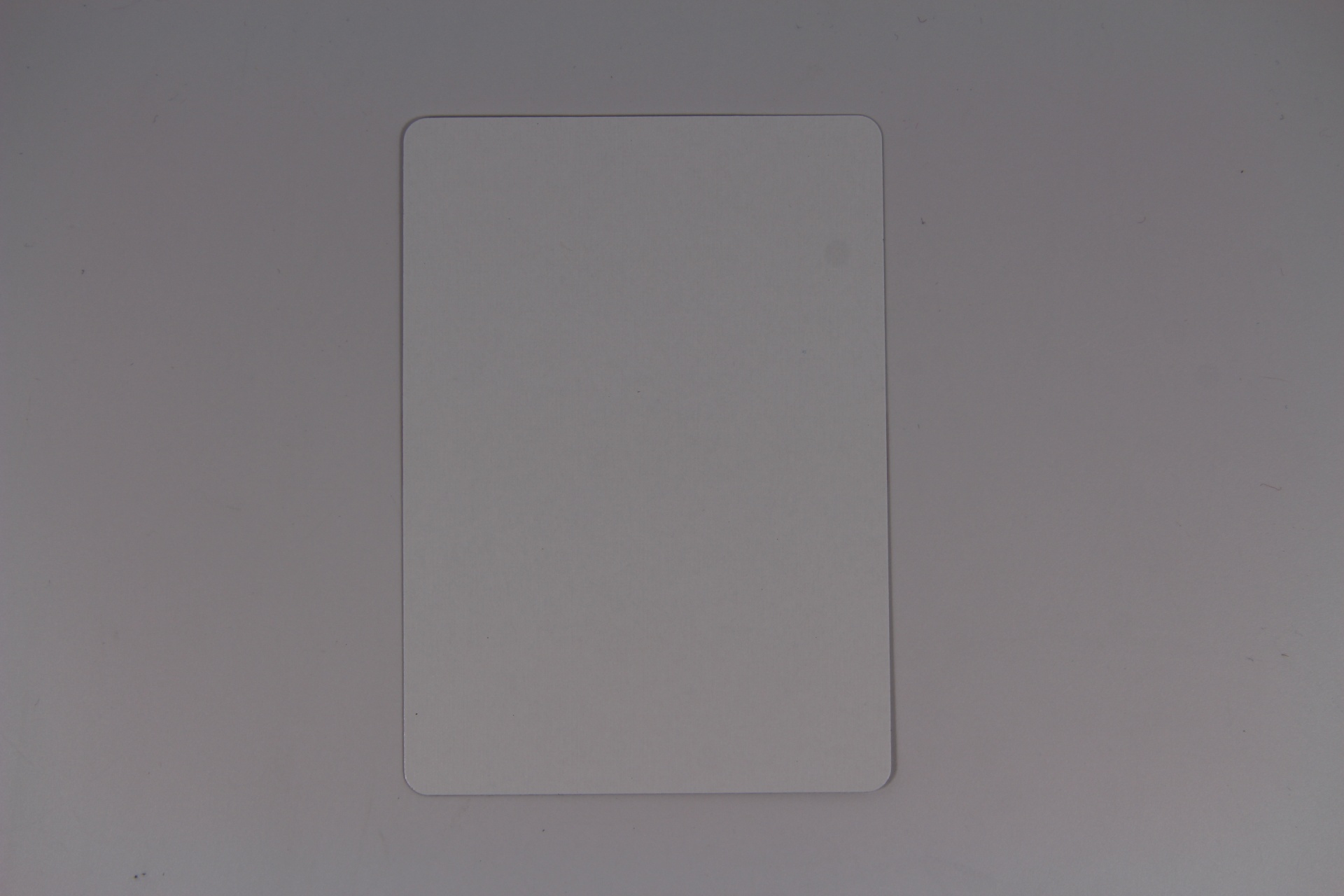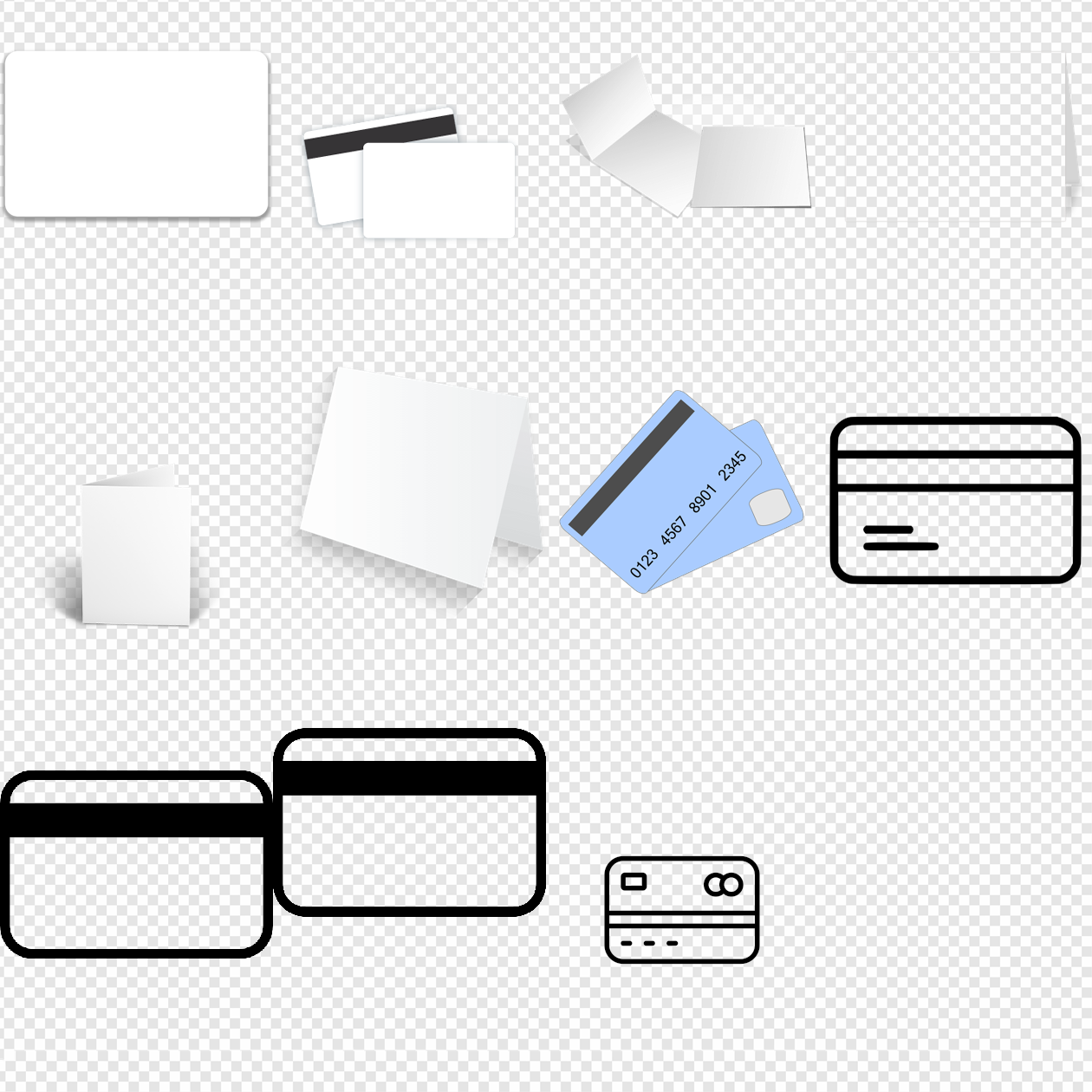Are blank cards illegal? The answer, surprisingly, isn’t a simple yes or no. The legality of possessing blank cards hinges heavily on the type of card, the intent behind its possession, and the specific jurisdiction. This nuanced issue requires a careful examination of various legal frameworks and potential scenarios, ranging from innocent possession of blank playing cards to the far more serious implications of possessing blank credit cards intended for fraudulent activities.
This investigation delves into the legal definitions of “blank cards,” exploring the distinctions between different card types and their respective legal ramifications. We’ll analyze the crucial role of intent in determining legality, examining scenarios where possession is permissible and those where it constitutes a serious offense. Furthermore, we’ll explore relevant laws and regulations across various countries, highlighting specific penalties for illegal possession or use.
Finally, we will differentiate between blank cards and counterfeit cards, emphasizing the crucial distinctions in their legal implications.
Are Blank Cards Illegal?
The legality of possessing blank cards is complex and depends heavily on the type of card, the intent behind possession, and the specific jurisdiction. While some blank cards are perfectly legal, others can lead to serious legal consequences. This article explores the legal definitions, intent, relevant laws, specific card types, distinctions between blank and counterfeit cards, and ethical considerations surrounding the possession of blank cards.
Legal Definitions of “Blank Cards”
The term “blank card” lacks a universally consistent legal definition. It generally refers to any card designed to store information, but lacking that information. This encompasses credit cards, debit cards, gift cards, identification cards, and even playing cards. Legal classifications vary significantly across jurisdictions. Some countries may have specific statutes addressing blank credit cards, while others may rely on broader laws against fraud or forgery.
Possessing a blank credit card may carry different legal implications compared to possessing a partially completed card, with the latter often considered stronger evidence of intent to commit fraud.
The intended use is crucial. Possession of blank playing cards is obviously legal, while possession of blank credit cards with the intent to defraud is illegal. The presence of additional materials, such as card-encoding equipment, would further strengthen the case against the possessor.
Intent and Purpose, Are blank cards illegal
Intent is paramount in determining the legality of possessing blank cards. The intended use directly influences the legal status. Innocent possession, such as a collector possessing blank playing cards, is legal. Conversely, possession with the intent to create fraudulent cards is illegal.
| Scenario | Intent | Legality | Justification |
|---|---|---|---|
| Possession of blank playing cards by a magician | Legitimate use in magic shows | Legal | The cards are used for entertainment and not for fraudulent purposes. |
| Possession of blank gift cards by a retailer | For legitimate sale to customers | Legal | The cards are part of the retailer’s inventory for legitimate business operations. |
| Possession of blank credit cards by an individual | Intent to clone and defraud | Illegal | This constitutes a serious crime under fraud and forgery laws. |
| Possession of blank identification cards by a forger | To create fraudulent IDs | Illegal | This is a violation of identity theft laws. |
| Possession of blank credit card templates by a graphic designer | For design mockups and presentations | Likely Legal | Depending on the jurisdiction, this might be acceptable for professional design purposes, provided there’s no intent for fraudulent use. |
Relevant Laws and Regulations
Laws governing blank cards vary widely. Specific statutes and case law are crucial in determining legality. Penalties for illegal possession or use range from fines to imprisonment, depending on the severity of the offense and the jurisdiction.
- United States: Federal and state laws address fraud and forgery, encompassing the illegal use of blank cards. Penalties vary greatly by state and the specific charges. The 18 U.S. Code § 1029 covers fraud and related activity in connection with access devices.
- United Kingdom: The Fraud Act 2006 is a key piece of legislation. Possession of articles for use in fraud is a criminal offense. Penalties can include substantial fines and imprisonment.
- Canada: The Criminal Code of Canada addresses fraud and forgery. Possession of blank cards with fraudulent intent is a criminal offense. Penalties depend on the severity of the crime.
Specific Card Types and Their Legal Implications
The legal implications differ significantly depending on the card type. Blank credit cards carry the highest risk of legal repercussions due to their potential for fraud. Blank gift cards, while still subject to laws against fraud, generally carry less severe penalties if the intent is not to defraud. Blank identification cards are similarly subject to identity theft laws.
Counterfeit vs. Blank Cards

Source: needpix.com
Blank cards and counterfeit cards are distinct. A blank card lacks information; a counterfeit card is a fraudulent copy of a legitimate card. The manufacturing process is key: creating a counterfeit card involves replicating existing cards, while producing a blank card involves creating a card ready to be fraudulently encoded. Discovering both carries serious legal consequences, with counterfeit cards generally resulting in harsher penalties.
The legality of blank cards often hinges on intended use; for instance, the recent controversy surrounding the unusual content in some Courier Press obituaries, as detailed in this article why courier press obituaries are making headlines – essential details inside exposed the secrets you cant miss , raises questions about potential misuse. Similarly, blank cards could be used for illegal activities, highlighting the need for careful consideration of their application.
In a scenario where both blank cards and counterfeit cards are discovered, the individual possessing them would face charges related to both fraud and counterfeiting. The penalties would be significantly higher than if only blank cards were found, reflecting the more serious nature of counterfeiting.
Ethical Considerations
Even if possessing blank cards is not illegal in a specific situation, ethical considerations remain. The potential for misuse and the inherent risk of enabling fraudulent activities raise ethical concerns. The societal impact of widespread blank card possession could be significant, undermining trust in financial systems and identity verification processes.
A hypothetical scenario: A graphic designer, legally possessing blank credit card templates for design purposes, shares these templates with a friend. This friend uses the templates to create fraudulent credit cards. While the designer might not face legal repercussions, they face a significant ethical dilemma, having inadvertently facilitated criminal activity.
Final Review: Are Blank Cards Illegal

Source: pngpacks.com
Ultimately, the legality of possessing blank cards is far from straightforward. While possessing blank playing cards or unused gift cards poses little legal risk, the possession of blank credit or identification cards, especially with intent to defraud, carries severe penalties. The key takeaway is the critical importance of intent and the specific type of blank card involved. Understanding the relevant laws and regulations in your jurisdiction is paramount to avoid potential legal consequences.
This nuanced issue underscores the importance of responsible card handling and adherence to relevant legal frameworks.
